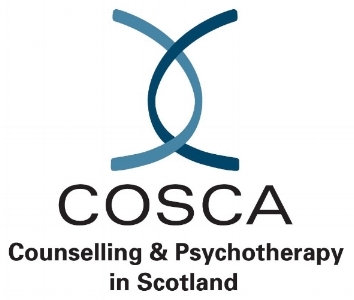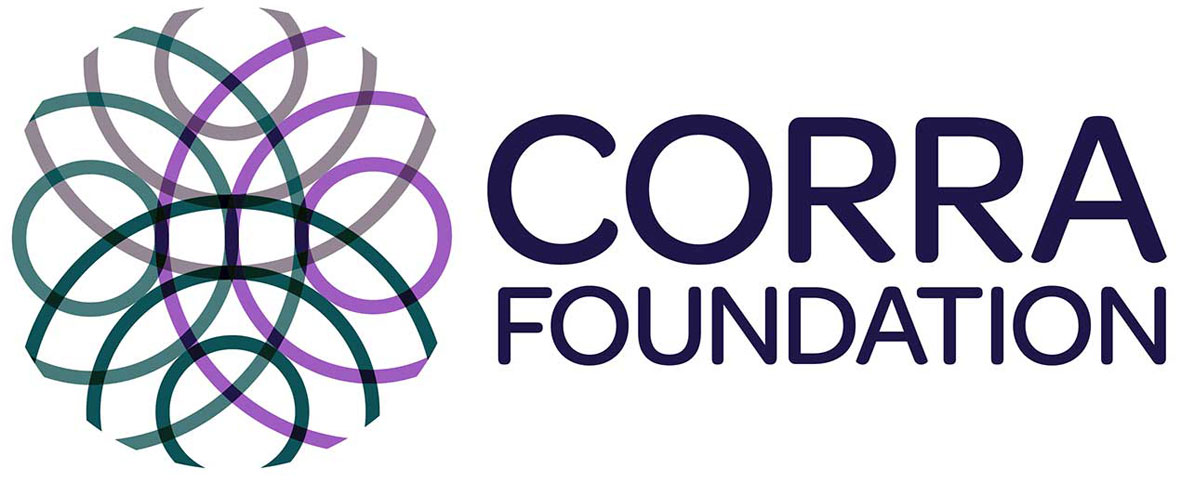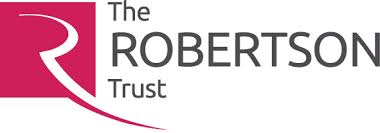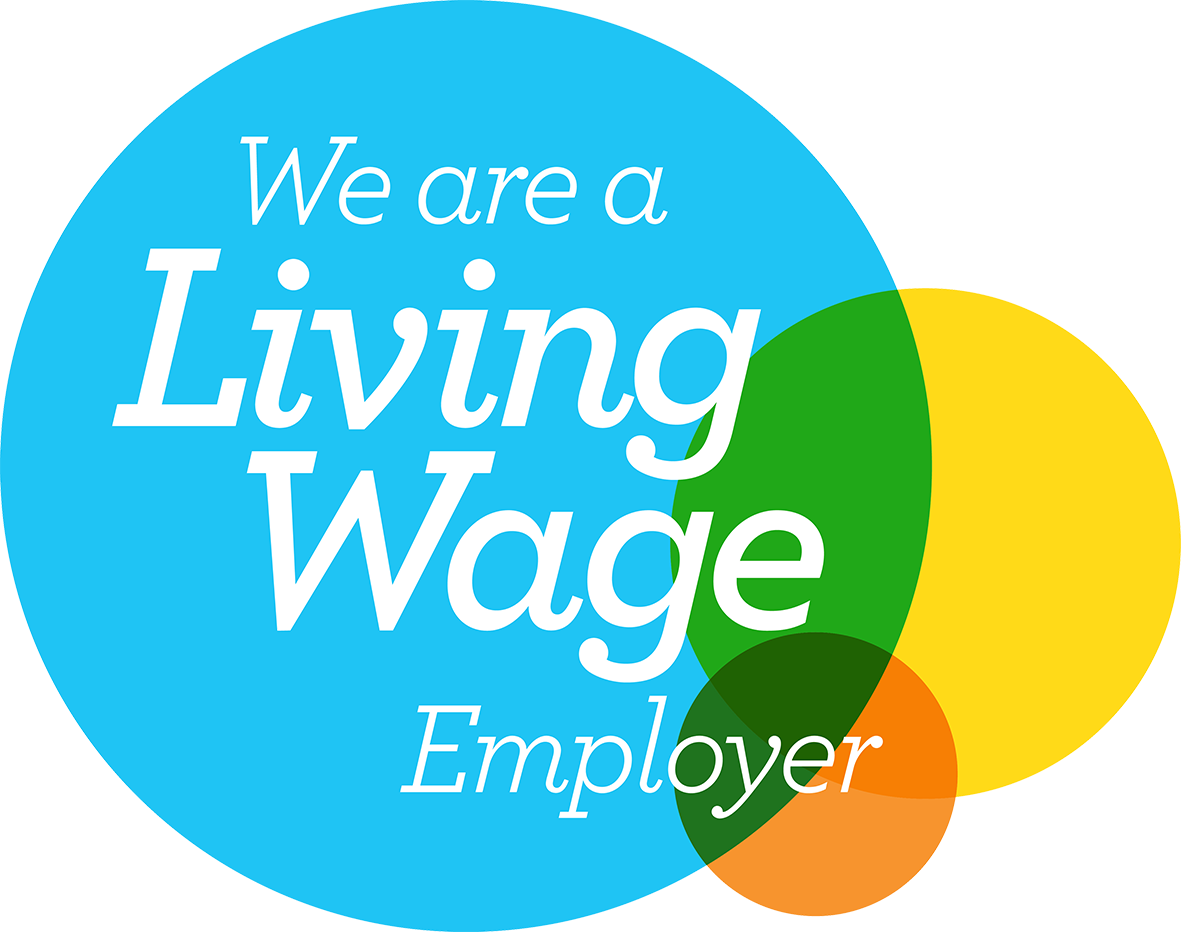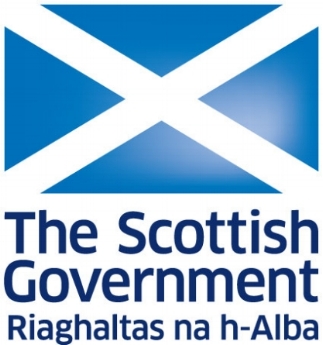Why we use outcome measures
Back to blog archive
You wake up one day and decide to climb a mountain. As you’re driving down the road you see the mountain way off in the distance and it seems pretty manageable something that you can easily climb. As you keep driving towards the foot of the mountain, you start to see it for what it really is - an immense rock-face towering over you. When standing at the bottom of the mountain and looking up, the reality of the challenge ahead seems more difficult than ever before. This was an analogy shared with me by a counsellor at Bright Light, and one which I feel helps illustrate the process many people go through when they start attending counselling sessions.
The lives and experiences of people who attend counselling may vary greatly, however, the importance of facing challenges is universal and counselling can be an important part of that process. In order to make sure what we do is effective, Bright Light uses tools known as outcome measures to monitor our counselling.
The fact that we know many of our clients struggle at the start of their counselling when realising how big their individual “mountains” may be, is just one of the things that Bright Light has learned from using outcome measures.
An outcome measure is a tool that can be used to measure a variety of aspects of an individual’s mental health and wellbeing. At Bright Light we use an outcome measure called SCORE-15, which is a physical form you may recognise if you’ve ever attended a counselling session with Bright Light. You first complete this form when you arrive for a welcome meeting and may be asked to complete it again throughout the course of your counselling sessions. The results gathered from these forms gives your counsellors a better understanding of your initial well-being and sets a framework in place to allow the progress of your sessions to be measured.
For you personally, outcome measures can be a really valuable part of your experience at Bright Light. The old saying goes “What gets measured gets managed. And what doesn’t get measured gets ignored.” Measuring allows you to see all the progress you have made, as well as identify areas that still need to be worked on.
The outcome measures we use are also helpful for your counsellor. They allow them to identify which areas you need them to focus on more. Outcome measures can also be used as a good starting point for a conversation. Picking up on if two members of a family/couple have different ratings for how things are going. If one member says everything is going great, but the other thinks things are wrong then you have discovered a good base for a conversation.
As an organisation Bright Light uses outcome measures to show that the work we do is significant and real. We use the data we collect to show funders that the work we do is meaningful and should continue to be funded.
Here at Bright Light we are always looking for ways to improve the way we use outcome measures and are open to suggestions from all. If you have any comments, ideas or questions about how we use outcome measures then be sure to email us with your thoughts.
